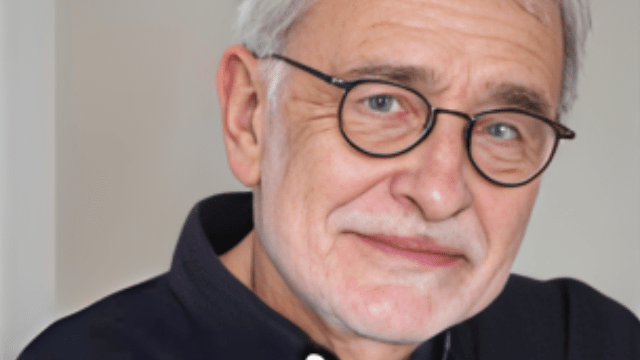Joseph Osman (E69): ‘Tobacco is a Hard Drug Sold Over the Counter’
Joseph Osman (E69) has been campaigning against tobacco for 20 years. His battlefield is the corporate world, where he leads awareness-raising and support actions with his company OFT Conseil.
ESSEC Alumni: Why did you get involved in the anti-tobacco cause?
Joseph Osman: My wife is a qualified tobacco treatment specialist. Through her, I met a professor of pneumology who was appalled to see patients with respiratory difficulties caused by smoking, in stages too advanced for treatment. He believed that upstream awareness needed strengthening and, interested in my 30 years’ experience in communication and general management, suggested I could develop actions in the corporate world.
EA: How did you go about this?
J. Osman: At the age of 60, I enrolled at the faculty of medicine to obtain a university diploma in tobacco treatment. I then took over the operational management of the French Occupational Health Office (OFT), a non-profit organisation which called on the services of some twenty doctors, nurses, pharmacists, biologists and other specialists, and was funded partly by subsidies and partly by paid interventions in companies. The organisation ceased its activities after 10 years, but I pursued their work by launching my own company OFT Conseil, which is still going today. We organise motivational conferences in companies and schools, as well as individual support programmes to help people quit smoking.
EA: Where is France at in terms of smoking?
J. Osman: Tobacco is a hard drug sold over the counter, give or take a few regulatory exceptions. Only 20% to 30% of French smokers manage to overcome their dependence, while one in two dies before the age of 65 due to serious illnesses affecting the lungs or heart in particular. Cigarettes thus represent the leading cause of preventable deaths, early death, fatal cancer and heart diseases in France. Sure, key measures have been taken in recent years, with more widespread prohibition of smoking in public places, the ban on puffs or neutral-design packaging and so on, but these efforts are not producing enough results, or fast enough.
EA: What solutions do you suggest?
J. Osman: Firstly, raise tobacco prices more decisively, as many other countries do. Experience has shown that this remains the most effective strategy. Secondly, facilitate access to training in tobacco treatment and authorise graduates of this training as well as pharmacists, and not just medical staff, to offer treatment. Thirdly, begin discouraging smoking from the age of 15, or earlier, and improve efforts against marketing operations targeting younger audiences.
EA: What about vaping?
J. Osman: E-cigarettes can lead to smoking, so they must also be banned for under 18s. For adults however, vaping can help to reduce the risk of some diseases. But it’s not the universal remedy.
Interview by Louis Armengaud Wurmser (E10), Content Manager at ESSEC Alumni
Do you want more content? Join us now so that we can keep bringing you news about the ESSEC network.

Comments0
Please log in to see or add a comment
Suggested Articles

